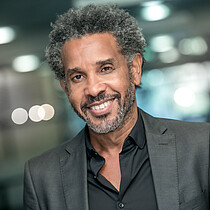Global Executive MBA
- Senior-level executives, including those nearing executive board roles.
- Reflecting on past decisions and addressing senior-level challenges based on actual experiences.
- High maturity, extensive experience, and a global perspective.
Executive MBA
- Mid-career professionals seeking career acceleration.
- Addressing real-time leadership and management challenges in current roles.
- Considerable professional maturity with a focus on career growth.
International Full-time MBA
- Early-stage professionals seeking significant career changes.
- Exploring hypothetical scenarios, case studies, and foundational management knowledge.
- Varied backgrounds, typically early in their professional journey.
- Last update:
- Friday, 16 August 2024
